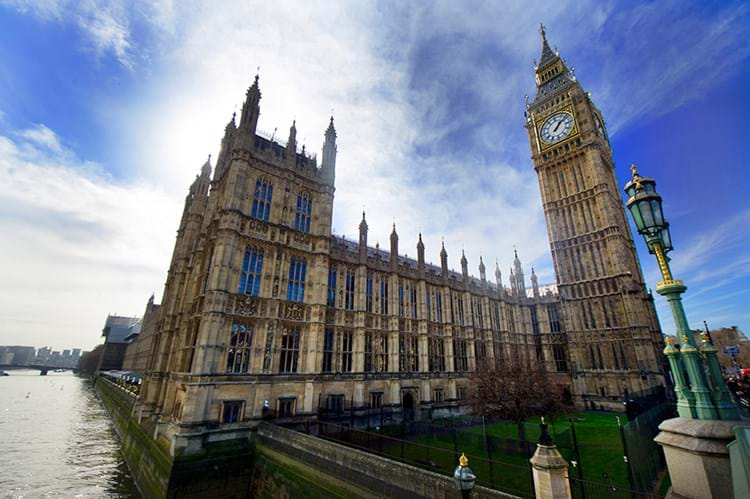In 2010 and 2015 the Tory manifesto promised to implement a “total ban on ivory sales”.
This year, led by Prime Minister Theresa May, the party did not include any reference to the pledge and instead said the UK would “continue to lead international action against climate change, and the degradation of habitat and loss of species”.
Marco Forgione, CEO of the British Antiques Dealers’ Association (BADA), welcomed what he called “the Conservative Party’s clear statement” on conservation. “Policies introduced by the next government must focus on protecting elephants and ensuring the legitimate trade in historic art and cultural objects can continue,” he said.
The Conservative Party is expected to pursue a system where the trade in cultural objects and antiques containing ivory would be permitted, but more tightly controlled.
Discussions are ongoing relating to how a system of cer t i f ication could be implemented.
In contrast, the Labour Party this year has for the first time pledged to introduce a “total ban on ivory trading”, while the Liberal Democrats promised to provide “greater resources for international environmental co-operation… on actions to tackle illegal and unsustainable trade in timber, wildlife, ivory and fish”.
Tightening of EC rules
Also last week, the European Commission announced new measures on the ivory trade, bringing its position closer to the UK’s current rules.
It stipulated the export of worked ivory will only be possible under very strict conditions and released a guidance document on the def inition of ‘worked specimens’.
British Art Market Federation chairman Anthony Browne welcomed the clarification that confirms the UK already has some of the “strictest rules in the world on ivory”.
Forgione said the EU update clarified that applications for licences from trade association members are not generally required to get third party verification.
He added: “It will ensure the approach to CITES licensing that’s already carried out in the UK is followed across the EU.”















